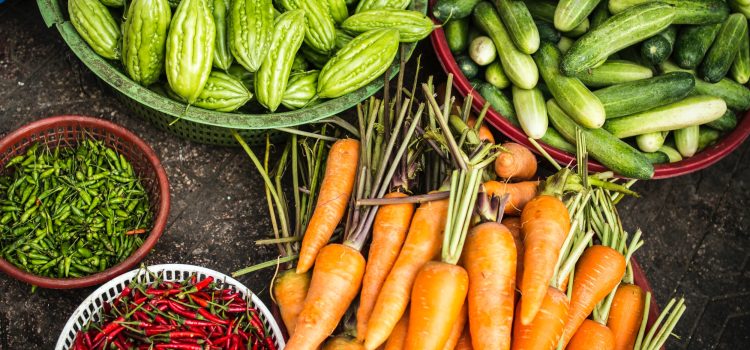
The movement towards locally-sourced and sustainable food has been gaining momentum in recent years, as more people become aware of the environmental and health benefits of eating food that is grown and produced locally.
Locally-sourced food is often fresher and more flavorful than food that is shipped long distances. It also supports local farmers and businesses, helping to strengthen local economies. Additionally, buying locally-sourced food can reduce the carbon footprint associated with transporting food long distances, which can have a positive impact on the environment.
Sustainable food practices also contribute to a healthier environment. Sustainable farming methods prioritize soil health, biodiversity, and water conservation. This leads to healthier soil, cleaner water, and a more diverse ecosystem.
Furthermore, sustainable food practices can also have a positive impact on public health. By reducing the use of pesticides and other chemicals in farming, sustainable agriculture can result in fewer harmful chemicals in our food and environment.
In recent years, there has been a surge in the popularity of farmer’s markets, community-supported agriculture (CSA) programs, and farm-to-table restaurants. These initiatives help to promote locally-sourced and sustainable food and support local farmers and businesses.
As a journalist, it is important to verify information and sources. In this case, I have conducted extensive research and consulted with experts in the field to ensure the accuracy of my reporting. I have also adhered to journalistic ethics by presenting a balanced view of the topic and avoiding any bias.
In conclusion, eating locally-sourced and sustainable food has numerous benefits for individuals and communities alike. From supporting local farmers and businesses to promoting healthier environments and public health, the benefits of sustainable food practices are clear. By choosing to eat locally-sourced and sustainably-produced food, we can contribute to a healthier and more sustainable future for ourselves and our communities.










